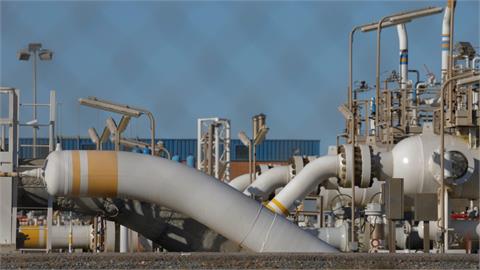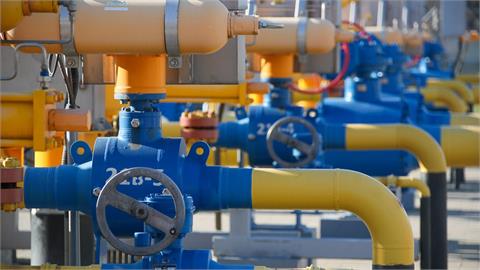In a move to transform its business from fuels to chemicals with an integrated value chain, Hungary's MOL together with German thyssenkrupp Industrial Solutions laid the foundation stone Friday to construct a €1.2 billion petrochemical facility - a polyol plant.
Zsolt Hernadi, chairman of MOL Group, Sami Pelkonen, CEO of Chemical and Process Technologies at thyssenkrupp Industrial Solutions, Ferenc Koncz, member of the Hungarian Parliament and Finance Minister Mihaly Varga attended the groundbreaking ceremony of the polyol plant in Tiszaujvaros, an industrial city located in the northern part of Hungary.
Polyether polyol is a plastic raw material, which is the base component of polyurethane, a polymer used in insulation, furniture manufacturing, automotive and textiles industries. Thyssenkrupp will complete construction of the polyol plant by 2021 with the first products coming online in 2022. When the plant is fully operational, which is planned for 2023, it will reach 200,000 tons of production capacity annually.
The MOL group says that for the company's 2030 strategy, innovation will be key along with a customer-focused approach to develop its business, particularly in petrochemicals, an area the group plans to invest $4.5 billion in for its business development by 2030.
"Fossil fuels will not disappear but their importance is diminishing while products which would support sustainability like recycling and compounding contribute to a more environmental-friendly growth of economies," Ferenc Horvath, executive vice president of downstream at MOL Group, told a group of journalists during a meeting prior to the groundbreaking ceremony.
As an international oil and gas company headquartered in Budapest, Hungary, the MOL Group operates in over 30 countries with an integrated business chain from upstream, gas midstream, downstream and customer services.
- Demand for polyol growing
Horvath explained the company takes a holistic approach to its investments and operations for the cohesion of each of its units. The polyol investment is a cornerstone of the company's petrochemical unit - a feedstock that is experiencing increasing demand from the petrochemical industry, he said, adding "our concept is not one of single units but is based on the integrity of these value chains."
Europe, which does not have enough polyol with supplies of up to 1.4 million tons at present, will be in even shorter supply in a couple of years and this will extend to neighboring countries too, he said. "We have just started end-user connections with eight to nine countries in central and eastern European, and some are already our customers from the petrochemical business," he said.
"Turkey is one of our future target markets as it is a developing big market," Horvath stated, adding that multiple sectors in Turkey from automotive to manufacturing, particularly for refrigerators for which polyurethane was heavily used to produce, will need this product. However, MOL is not alone in this market and needs to compete with three global polyol producers with integrated plants in Europe, he explained.
- German technology
According to company officials, MOL Petrochemicals will be the only company in Hungary and the Central and Eastern European region with an integrated value chain from crude oil to the production of polyether polyols. The Hungarian government granted the company €131 million to build a €1.2 billion polyol plant that will provide 200 jobs.
According to Pelkonen, thyssenkrupp will build this plant with state-of-the-art technology using hydrogen peroxide to propylene oxide (HPPO). This technology, developed jointly by thyssenkrupp and Evonik, will ensure that propylene oxide (PO) is produced directly from hydrogen peroxide and propylene, which is made possible by an HPPO catalyst developed specifically for the process.
"Compared with conventional production processes for propylene oxide, the HPPO process requires significantly lower investment and is more cost efficient. In addition, it is extremely environmentally friendly because it is highly selective and no by-products other than water are produced in significant quantities," thyssenkrupp says on its website.
Propylene oxide is mainly used for the manufacture of polyurethane foams, which are used in automobile components, upholstery, thermal insulation, coating materials, sports shoes and other sporting goods.
(Anadolu Agency)



